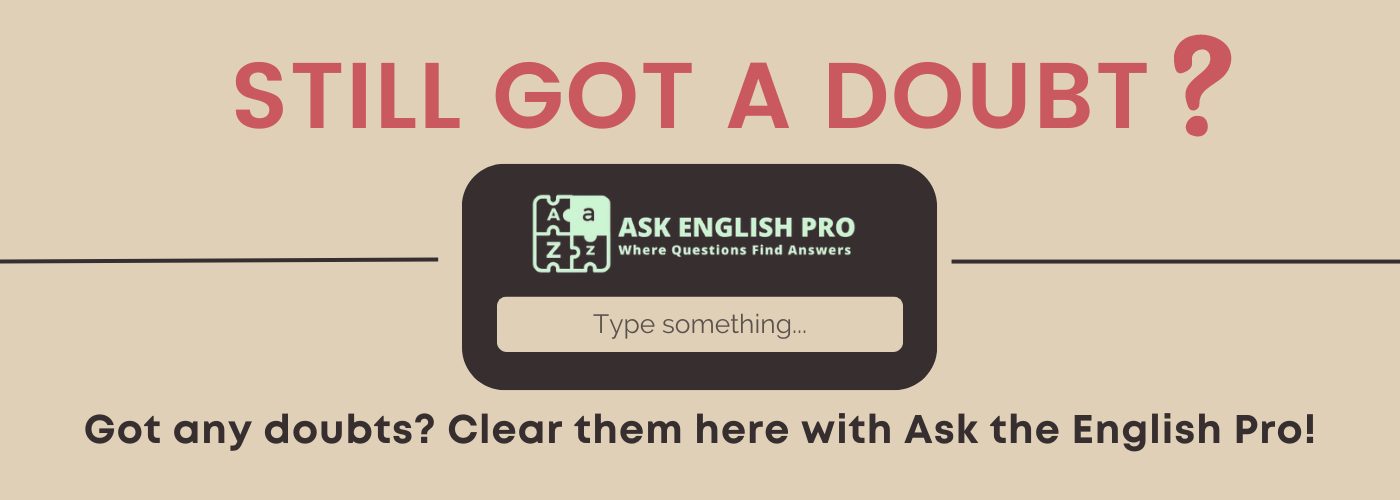Detailed Article for the Word “Repress”
What is Repress: Introduction
Imagine holding a balloon underwater—keeping it submerged takes effort, and any lapse in control brings it back to the surface. This idea parallels what it means to repress: to hold back thoughts, feelings, or desires that naturally push for expression. Repression often surfaces in both psychology and daily life, where emotions are frequently restrained to maintain composure or avoid conflict. As people strive to control impulses and emotions, the concept of repression reveals a fascinating dynamic between our outward behavior and inner world.
Origin and History of the Word Repress
The word “repress” traces back to the Latin root “reprimere,” meaning “to press back” or “restrain.” This word was formed from “re-” (back) and “premere” (to press). Entering English in the late 14th century, “repress” initially had general applications related to holding something back physically or emotionally. By the 19th century, the term expanded into psychology, notably through Sigmund Freud’s theories, where repression became central to understanding how people manage unconscious desires and traumas. Today, “repress” is widely used to describe efforts to curb emotions, political movements, and even biological responses.
Meaning and Definition of Repress
Repress (verb):
- To restrain or suppress emotions, thoughts, or desires, often unconsciously
- To hold back or inhibit an action, expression, or development
- To subdue by force, often referring to political or social movements
Usage note: “Repress” is often contrasted with “suppress”; repression is typically internal and unconscious, while suppression can be a conscious choice.
How to Pronounce Repress
ree-PRESS
How to Remember Repress: Memory Tips
To remember “repress,” think of “pressing back” on something that wants to come forward, like a spring being held down. Another aid is to associate “re-” with “repeat” and “press” with pressure, suggesting the idea of continually pushing back emotions or urges. Picture a cap on a shaken soda bottle, holding in the bubbling contents—a metaphor for repressing emotions or thoughts.
Repress in a Sentence: Examples and Usage
- Psychological: She tried to repress memories of the traumatic event, though they resurfaced in her dreams.
- Social: Many cultures encourage individuals to repress certain emotions, such as anger, to maintain social harmony.
- Political: The government used force to repress the protest, resulting in heightened tensions.
- Personal: He repressed his excitement to maintain a calm demeanor during the negotiation.
- Historical: Repressive regimes have often censored literature and art to control public thought.
- Biological: Certain medications are designed to repress inflammation, reducing symptoms for the patient.
- Emotional: Children often repress sadness to avoid worrying their parents.
Difficulty Level of Using Repress
Intermediate: “Repress” is commonly used in psychological, social, and political contexts. Its precise use often requires an understanding of context to distinguish it from similar words like “suppress.”
Modern Usage of Repress in Contemporary Context
In modern contexts, “repress” has widespread usage across psychology, politics, and everyday discourse. In mental health, repression refers to the unconscious process of pushing away painful memories or emotions, a concept central to psychotherapy and emotional health discussions. In social and cultural contexts, “repression” describes the tendency of individuals or groups to conceal emotions to fit societal norms or expectations. Politically, “repress” is frequently used to describe governmental actions aimed at controlling dissent, particularly in authoritarian regimes. Repression is also relevant in discussions about freedom of expression, where artistic and journalistic freedoms are often restricted. The term highlights a universal dynamic where the act of holding back can lead to eventual overflow or confrontation, underscoring its relevance in both personal and societal spheres.



















